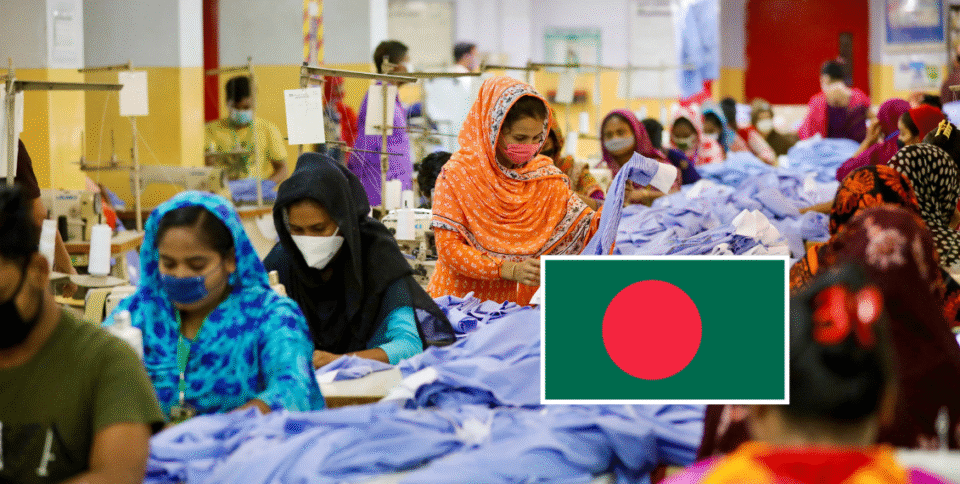Dhaka, August 1: Bangladesh has welcomed the outcome of high-stakes trade negotiations with the United States, securing a 20% tariff rate on its exports—particularly apparel—into the American market. The deal puts Bangladesh on par with major competitors in the global textile sector and avoids a potentially devastating 35% tariff.
The announcement came through a press statement from the office of the Chief Adviser of the Government of Bangladesh, calling the result a win for national interests and industrial stability.
“We negotiated carefully to ensure our commitments aligned with national interests and capacity,” said Khalilur Rahman, National Security Advisor and lead negotiator.
“Protecting our apparel industry was a top priority, but we also focused our purchase commitments on U.S. agricultural products. This supports our food security and strengthens ties with American farming states.”
Bangladesh’s negotiating team emphasized that the 20% tariff secures continued access to the world’s largest consumer market without compromising domestic economic priorities. It also avoids a reciprocal tariff of up to 35%, which was a key risk on the table until the final days of negotiations.
“That’s good news for our apparel sector and the millions who depend on it,” Rahman added. “We’ve preserved global competitiveness while opening up new export opportunities.”
The Bigger Picture: Trump’s Global Tariff Strategy
The agreement comes in response to U.S. President Donald Trump’s sweeping executive order imposing new tariffs—up to 41%—on imports from 70 countries. The order, issued just ahead of the August 1 deadline, is part of a broader U.S. strategy to link trade access with commitments on economic reform, trade balance correction, and security cooperation.
Each country’s tariff rate was set based on the “depth and breadth of their commitments,” according to the White House. For Bangladesh, that meant not only avoiding punitive tariffs but also agreeing to:
-
Increase imports of U.S. agricultural goods
-
Address U.S. concerns on non-tariff barriers
-
Support cooperation in security and trade transparency
The negotiation process, which spanned months, was described as “complex and time-consuming” due to the wide range of issues involved.
Strategic Win for Bangladesh’s Apparel Industry
Bangladesh’s textile and garment industry—employing millions and accounting for over 80% of the country’s exports—was at risk of major disruption. The 20% rate preserves its relative advantage in the global market, especially compared to competitors like Vietnam and India.
By agreeing to targeted U.S. import commitments while holding firm on core national priorities, Bangladesh has managed to strike a balance between diplomacy and domestic protectionism—a rare success in the current climate of rising trade protectionism.


Trump Blasts India-Russia Ties: ‘They Can Take Their Dead Economies Down Together’